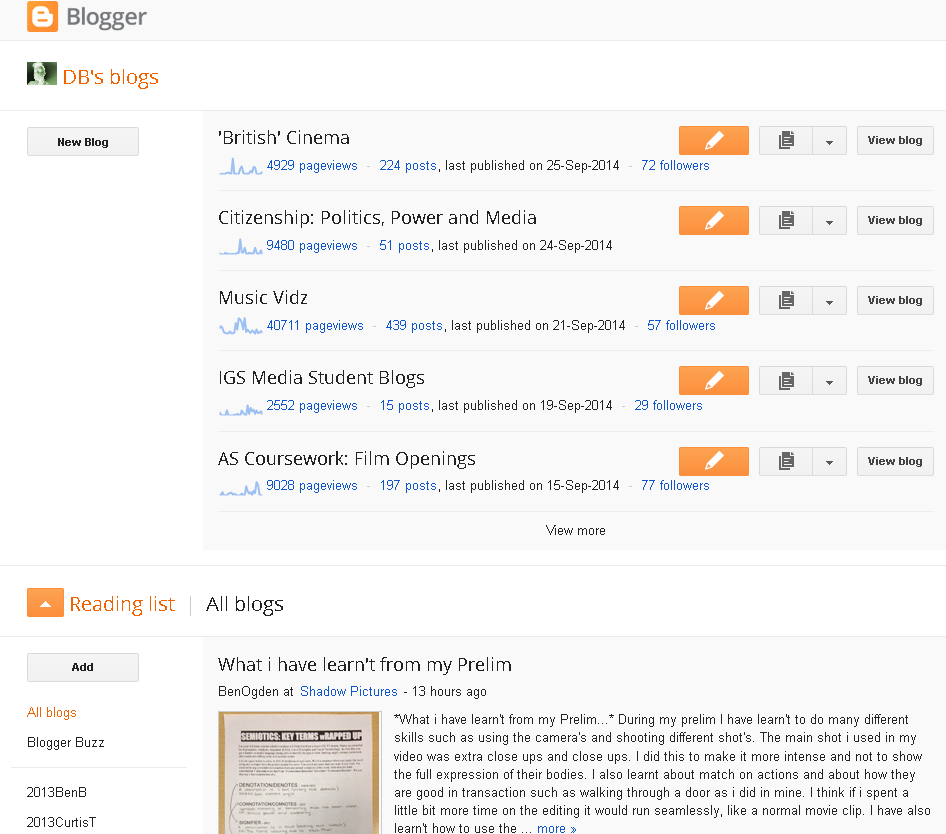When we consider audience theory in Media Studies, the degree of flux and changing views on this is quickly evident, and a major theme in itself. Which, if any, of the long-established audience theories continue to hold true in the digital age, the web 2.0 era? Is it enough to write of "the former audience", Dan Gillmor's (2011) striking phrase? David Gauntlett even went as far as to declare the "end of audience studies" (2007, 2011), although Julian McDougall's (2009, in a very readable, student-friendly
book) more moderate point that audiences are fragmenting, making it more difficult to meaningfully analyse or discuss/define audiences, is perhaps more useful.
There are those who see the blurring of the audience/producer line as full of democratic promise, not least Gillmor, though Henry Jenkins'
Convergence Culture (2008) is perhaps the most striking statement of this.
 |
| Is Jenkins too utopian, optimistic? [image source] |
On the face of it, the democratisation of 'UGC' (user-generated content), fan-made videos
etc seems a good thing in weakening the power of the global conglomerate giants who dominate every media industry, often straddling several industries (as even the post-split Murdoch corporations do). But ... the 'new media' (an increasingly redundant term) giants have evolved themselves into even greater corporate behemoths than their old media predecessors. Is Wikileaks founder Julian Assange (still stuck in an asylum limbo in the Ecuadorian London embassy) right when
he proclaims:
People who use Google are the product
Every time you go to a party and take a picture and post that picture to Facebook, you’re being a rat. You’re being a narc.
The first statement takes me back to the early days of my Media (and Politics) degree, when a simple enough statement immediately reformulated how I looked upon the media: newspapers sell readers to advertisers; when you buy a paper you're actually packaging yourself and selling yourself. Is the newspaper itself the product or a mere enticement for the actual product, a coalition of demographic types sufficiently attractive to a range of advertisers for the newspaper business to be economically viable?
 |
| A popular meme, Google is/Dr Evil [image source] |









